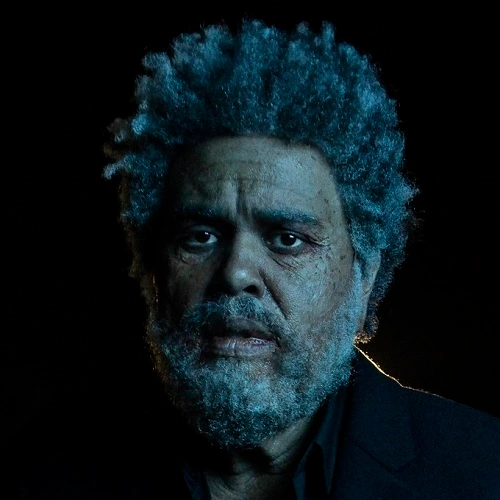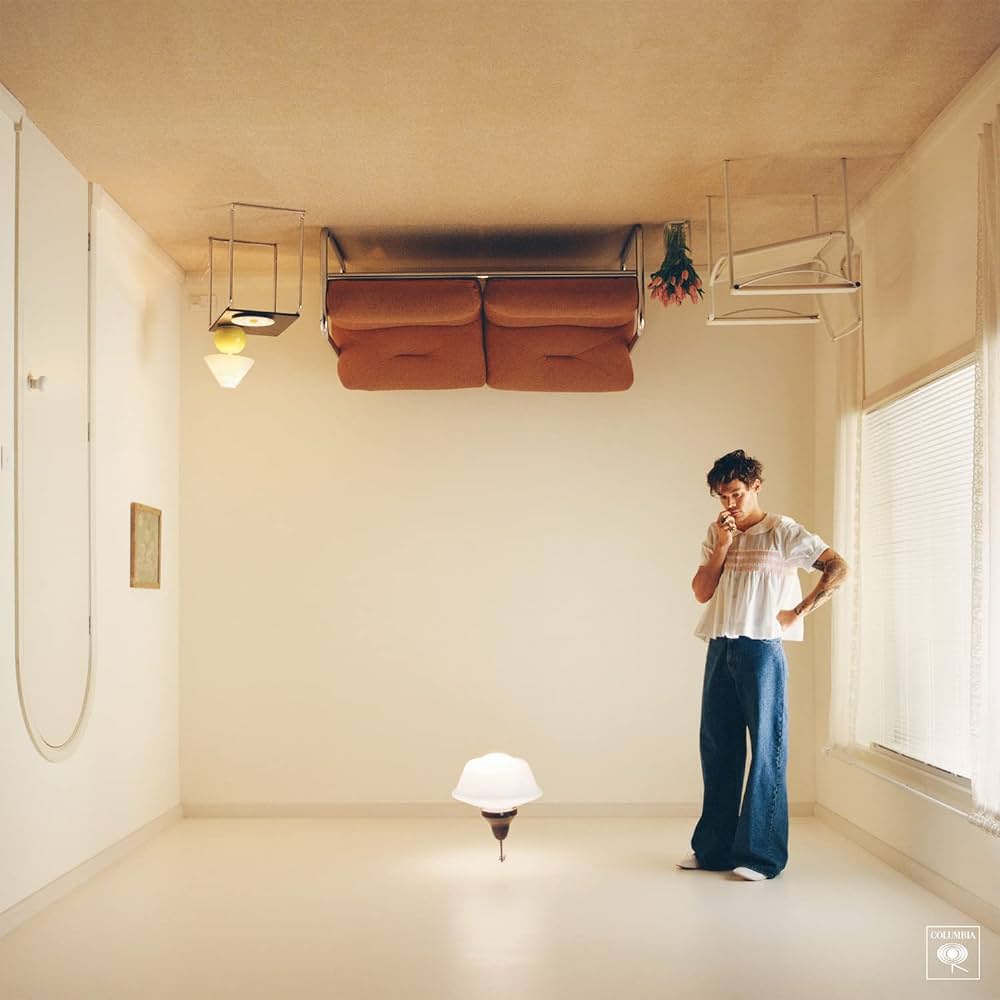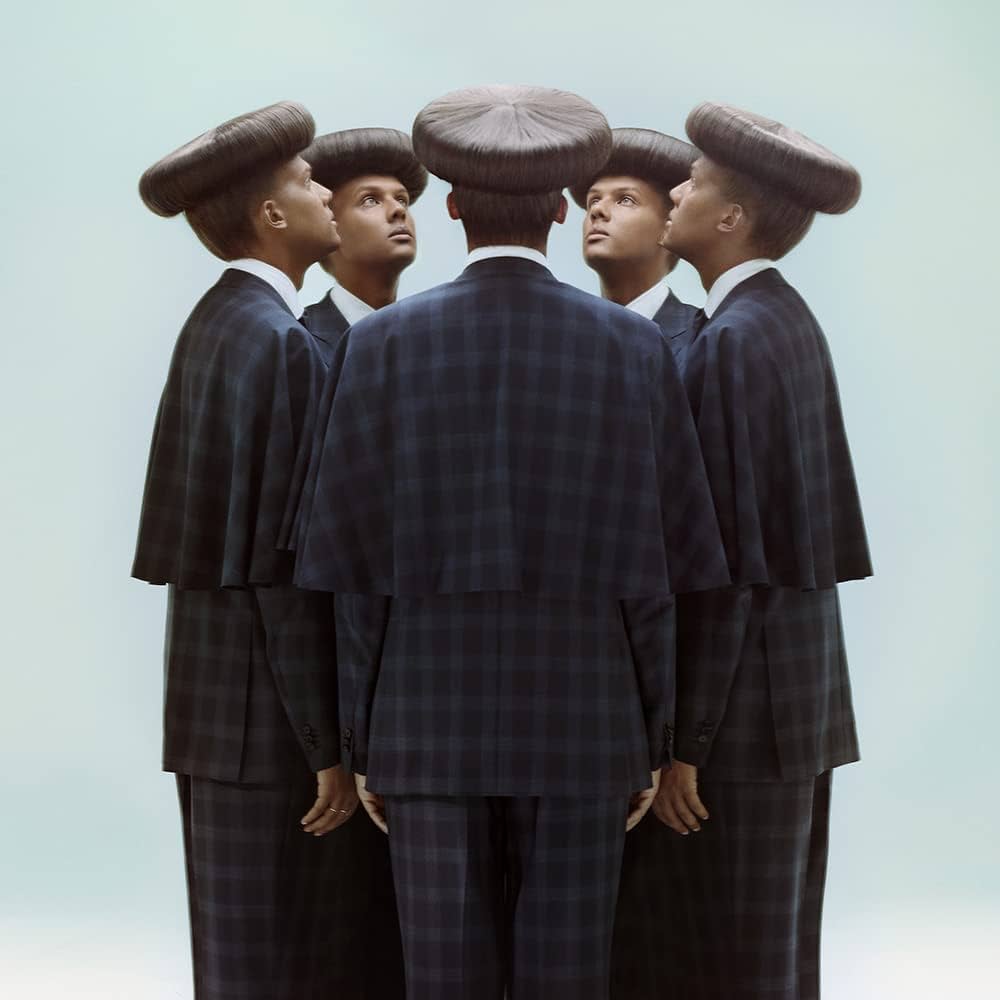In recent years, Canadian artist The Weeknd (Abel Tesfaye) experienced the peak of his career, scoring several successful songs and collaborations in the pop charts throughout the 2010s. The singer, who started in Alternative R&B, gradually made his sound more palatable to the mainstream audience with the help of prominent hitmakers, such as Max Martin, the executive producer of his latest release. Continuing the aesthetic of ‘After Hours’ (2020), Abel proposes a continuation of the saga by creating the radio station ‘Dawn FM,’ which will guide him through purgatory after his death.
In a continuous set of songs, interspersed with radio calls and commercials narrated by actor Jim Carrey, we delve into the singer’s anxieties and regrets in a synthpop that takes center stage on the album. While in the past the singer sought to embrace an ’80s pop and R&B sound, in Dawn FM, we immerse ourselves in a retro-futuristic scenario thanks to the dynamic and cinematic production by Oneohtrix Point Never, who also composed the soundtrack for the film ‘Uncut Gems’ (2019), and has collaborated with artists like Anohni and FKA Twigs. As a result, the album sounds less pop-oriented than its predecessors, focusing on delivering a detailed conceptual atmosphere, exploring synthesizers and ambient sounds.
The first tracks are the most infectious, with ‘Gasoline’ recalling the dark style of Depeche Mode, and the synth-funk reminiscent of Michael Jackson and Prince in ‘Sacrifice,’ co-produced by Swedish House Mafia. The album starts to become more introspective and lyrically intricate after the interlude narrated by Quincy Jones, where his story draws a psychological parallel with Abel’s, recounting his romantic failures. At this point, the city pop-influenced ‘Out of Time’ portrays the moment of transition beyond life that the singer faces. The vigor of this second half is notable in the ballad ‘Here We Go… Again,’ featuring Tyler, The Creator and production by Calvin Harris, as well as ‘Don’t Break My Heart’ and ‘Less Than Zero.’
Ultimately, despite the dynamic production, it is the radio interruptions that play a crucial role in maintaining our interest in Abel’s narrative. It is in these small moments that we obtain the most information about the story, with bold and unpredictable passages, conveying the atmosphere of what the limbo experience could be like.
Favorite songs: Gasoline, Sacrifice, Here We Go… Again





